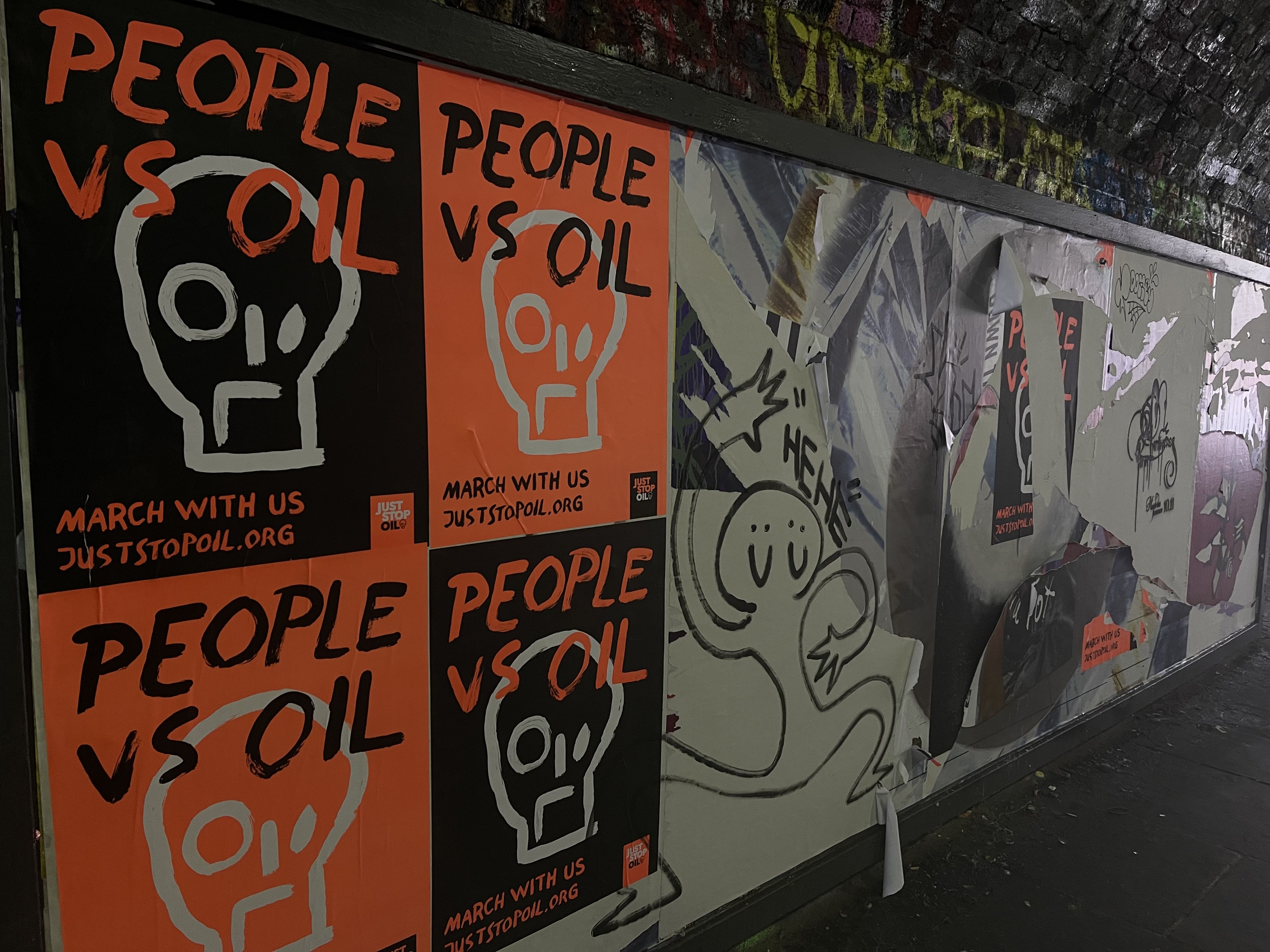

15 Just Stop Oil activists were arrested after they slow-marched in Whitehall, Central London, last Monday.
The Metropolitan Police said they had cleared the road within five minutes.
? | A Just Stop Oil protest march is ongoing at the top of Whitehall in central London.
Officers are on the scene and have started making arrests.
Updates will be posted on this thread. ?
— Metropolitan Police (@metpoliceuk) November 20, 2023
“All activists have now left the road on Whitehall. Officers cleared the area within five minutes, and traffic is moving,” said the authorities through their official Twitter account.
The subsequent tweet from the Metropolitan Police also reported that arrests were made under Section 7 of the Public Order Act.
? | A Just Stop Oil protest march is ongoing at the top of Whitehall in central London.
Officers are on the scene and have started making arrests.
Updates will be posted on this thread. ?
— Metropolitan Police (@metpoliceuk) November 20, 2023
Section 7 of the Public Order Act empowers law enforcement to take action when a public assembly poses a risk of serious disruption to the community. The Act grants the police authority to impose conditions on public processions, ensuring public safety and minimising the impact on the daily lives of residents and businesses.
? BREAKING: Arrested for Marching for 2 MINUTES
? 15 people, arrested for marching for 2 minutes, will now face up to 1 year in prison. This is what our democracy has become.
? They can't arrest their way out of societal breakdown. March with us — https://t.co/7BzUVS0A3x pic.twitter.com/xxa8GH54Uu
— Just Stop Oil (@JustStop_Oil) November 20, 2023
In response, Just Stop Oil said, “15 people, arrested for marching for 2 minutes, will now face up to 1 year in prison. This is what our democracy has become.”
While the arrests were made under the law, the public response has been mixed. Social media platforms were abuzz with discussions, with some expressing support for the police intervention, citing the need to maintain public order and prevent disruption.
However, a significant portion of the public disapproves of the disruptive tactics employed by Just Stop Oil. Critics argue that the group’s methods, such as sitting on the Silverstone race track during the British Grand Prix or disrupting tennis and pool championships, are seen as excessive. These actions are believed to negatively impact events that hold cultural significance for many.
The Just Stop Oil movement, known for its advocacy against the fossil fuel industry, has not issued an official statement at the time of reporting. The incident has intensified the ongoing dialogue about the delicate balance between the right to peaceful assembly and the necessity to maintain public order.
As the arrested activists are taken into custody, the Metropolitan Police continue to monitor the situation. Further updates will be posted on their official Twitter account, and the conversation surrounding the disruptive tactics employed by activist groups is expected to remain a focal point in discussions on the intersection of public protests and law enforcement actions.